On Saturday a judge in Tehran convicted and handed the death sentence to Keyvan Emamverdi, a literature student accused of drug-raping dozens of women. The sex attacker was not, however, convicted of rape or “violent adultery” – the term used in the Islamic Penal Code – but of corruption, which in Iranian law is punishable by death.
In the immediate aftermath, several of the victims took to social media to say they felt robbed of true justice by the unusual verdict. They also raised concerns that the decision by Judge Reza Amouzad, known as a hanging judge of the Revolutionary Court, in this case might deter women from reporting rape, sexual assault or harassment in future.
During the police investigation and later in court, Emamverdi’s accusers said, he was never in a position to apologize to them. His lawyers had called them members of the “Zionist #Metoo movement” and “antti-regime” while the final hearing itself was canceled several times, always for spurious reasons.
One of the victims, F., told IranWire she was not remotely surprised when the death sentence came. “In my psychotherapy sessions,” she said, “we were constantly talking about what would happen if this man was executed, or released. Both options in this binary were painful to me and I’ve had nightmares about both for two years.
“The court process proceeded in such a way that the defendant wasn’t in a situation to deal with us or compensate us. They didn’t even allow him a chance to apologize, and he and his family didn’t even think about it. We and the damage done to us psychologically were not seen at all, and there was no attempt to treat us humanely.”
She added: “From a societal point of view, this death sentence could have a negative impact on other women who may want to file a complaint against their rapist. Especially if the aggressor is someone close to them or a family member. Not only have we not had reparations, but it’s as if the system is forcing others to go silent.”
F. emphasized that Emamverdi posed a threat to society and could not have been released either: “My wish was for him to be jailed for a long time. He’s harmed so many people. I hoped the court would emphasize restorative justice, and to ask us how to compensate for the damage done. It’s like I’m being punished.”
Laila Alikarmi, a lawyer and human rights lawyer now based in the UK, told IranWire that part of the problem was the absence in Iran of a legal definition of rape. The concept is collapsed with “violent adultery” or “adultery by force”, making it unclear what unmarried rapists are to be charged with: “Anyone trying to report rape or sexual harassment ends up confused.”
This legal void, she said, and the lack of proper training afforded to police and members of the judiciary on dealing with rape survivors, “can create more problems for women than the outcome of the case… Now more than ever, we need to insist on reforms, and to demand that a correct and accurate definition of rape, sexual violence and sexual harassment, and an appropriate punishment for it, be determined: one that includes imprisonment and compensation for the injured party.”
visit the accountability section
In this section of Iran Wire, you can contact the officials and launch your campaign for various problems




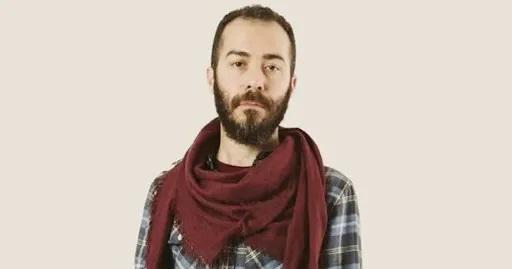






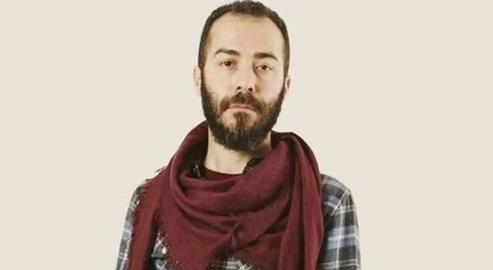
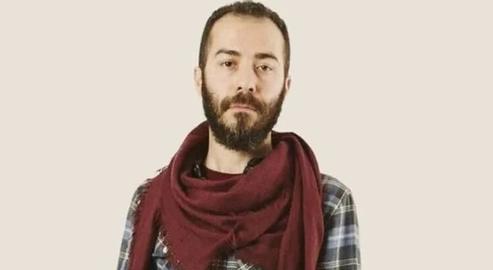
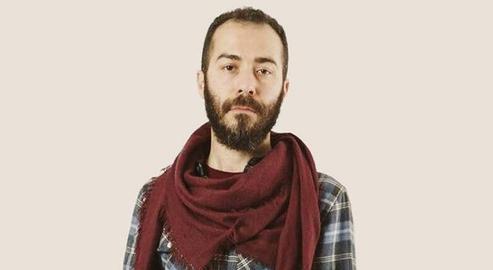









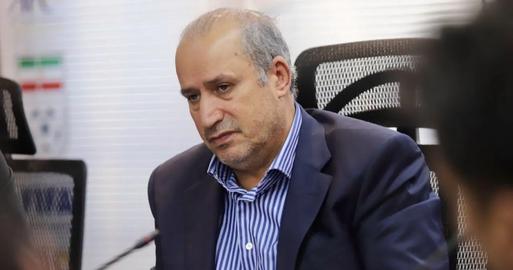
comments
The police should never be handling mental health. That is not their job title. Iran needs PTSD PHD qualified mental health professionals.